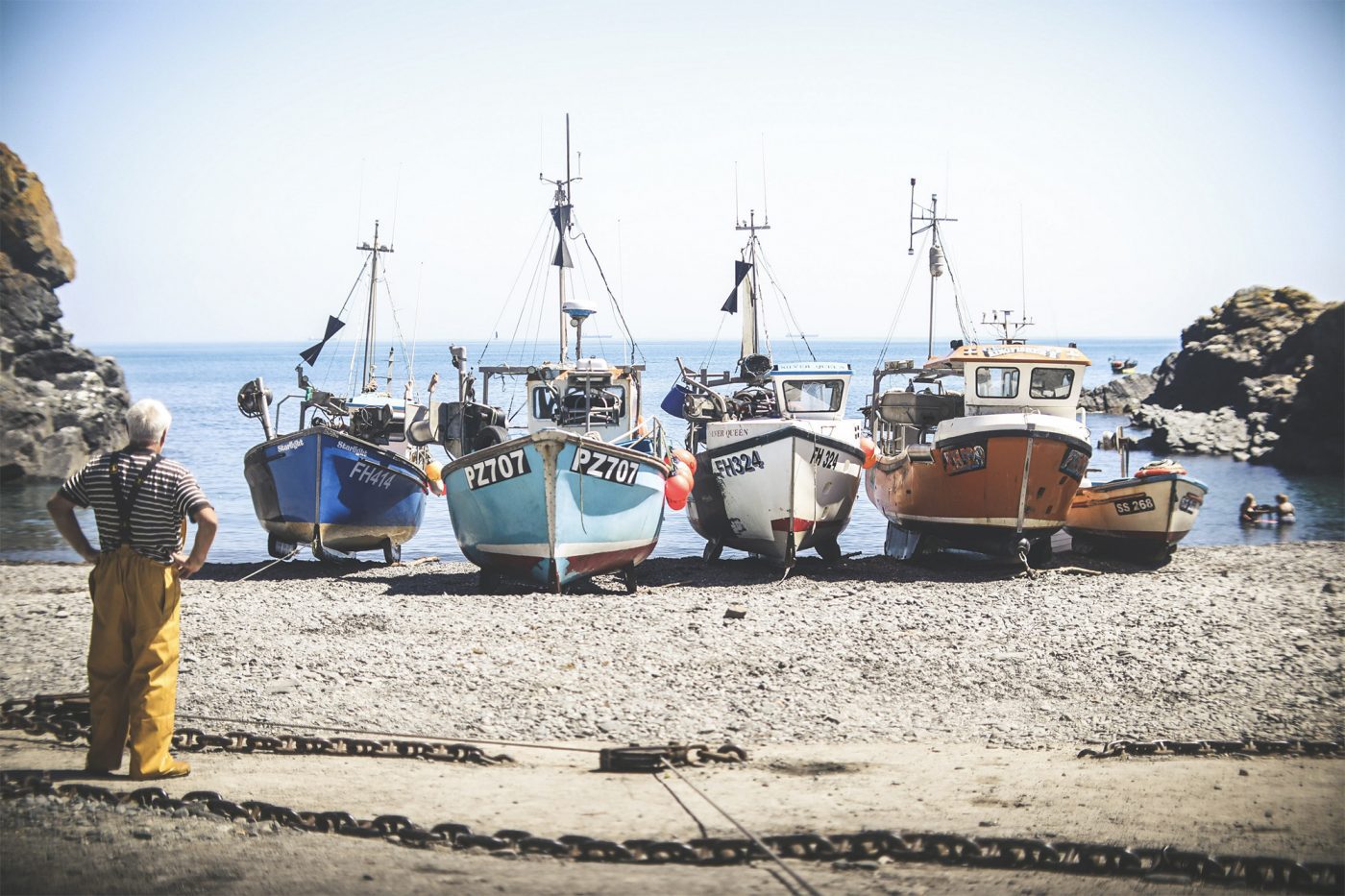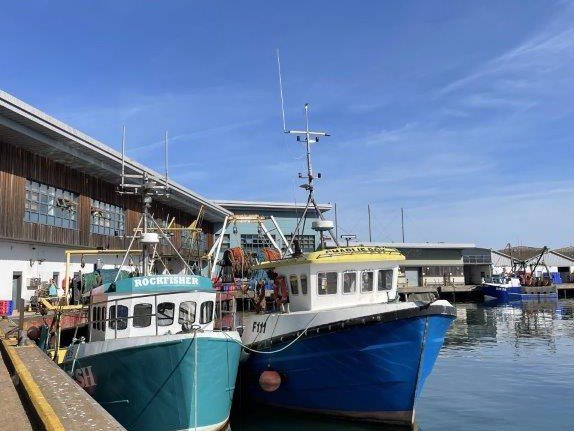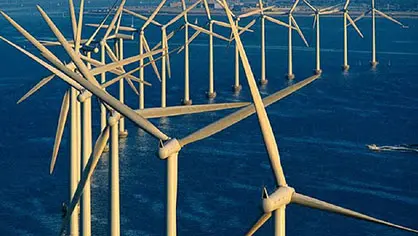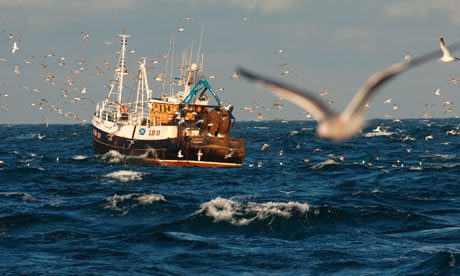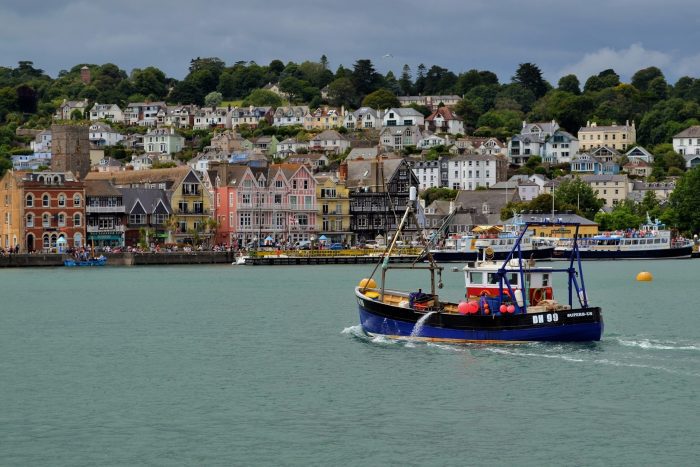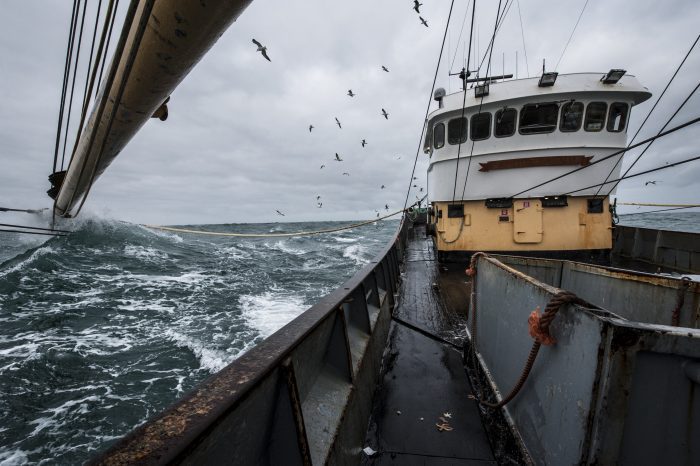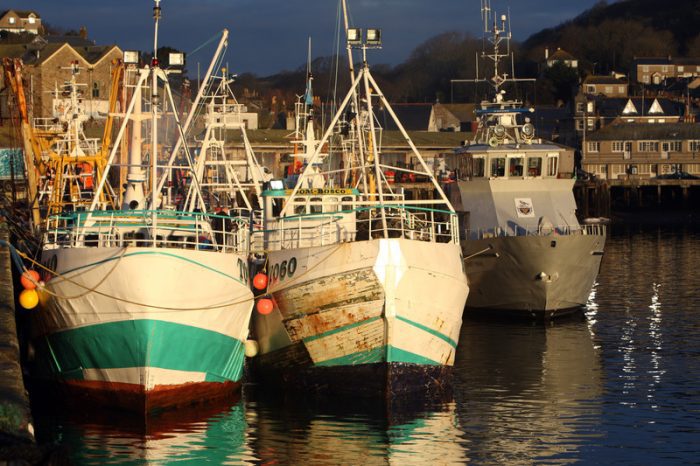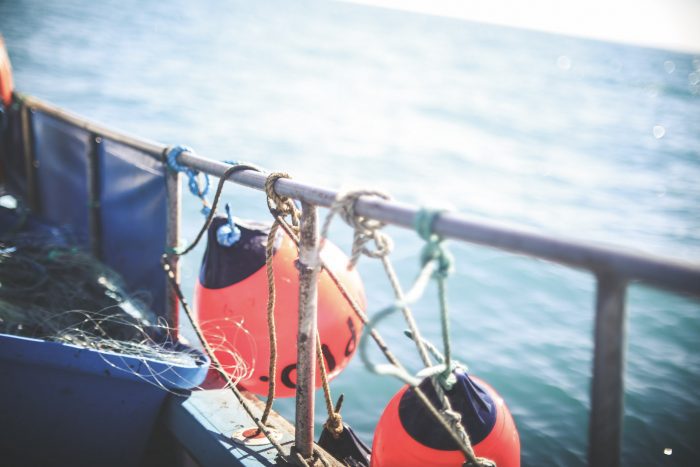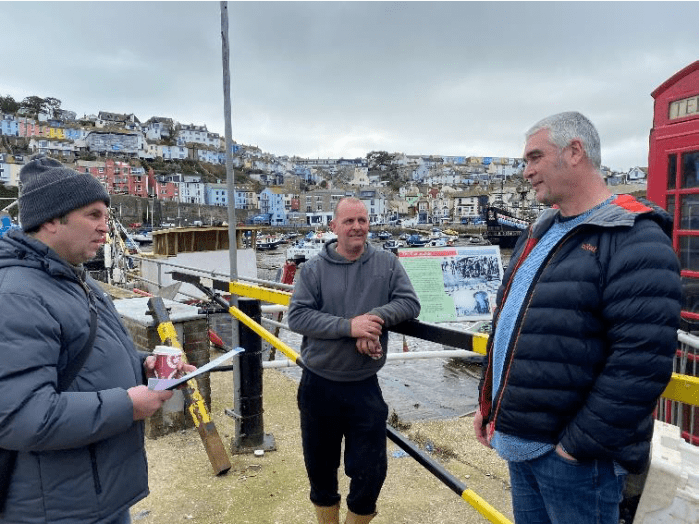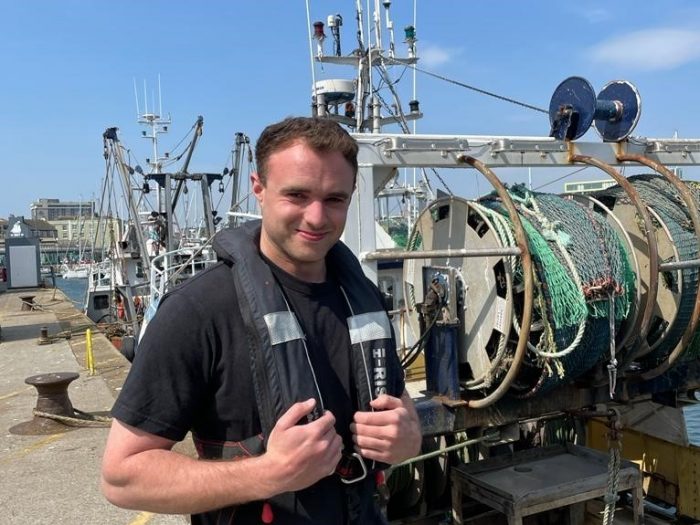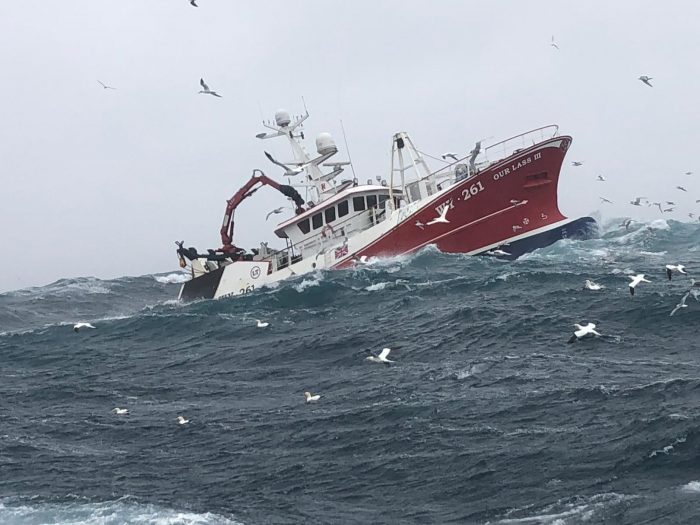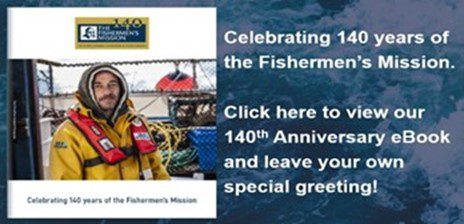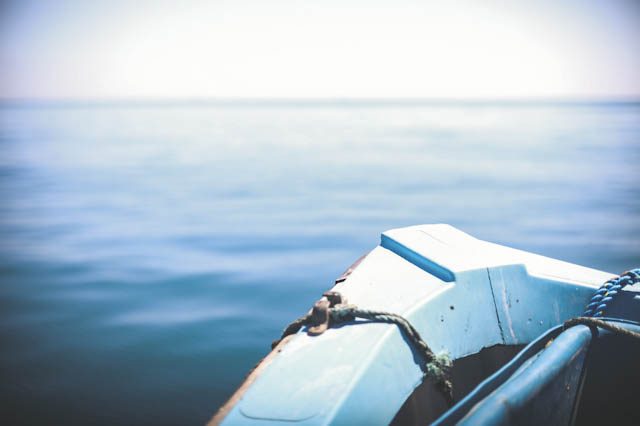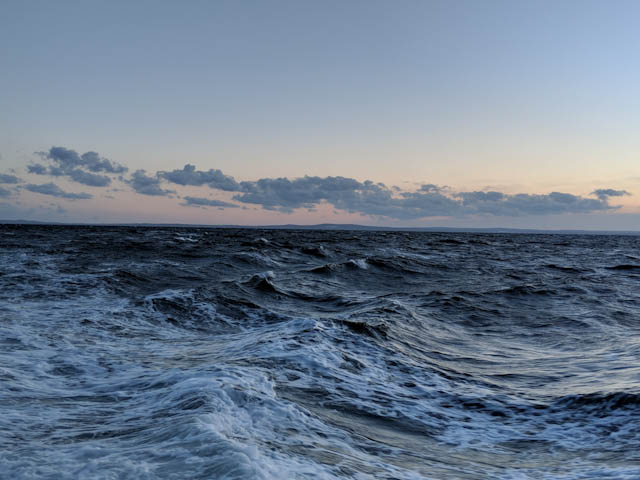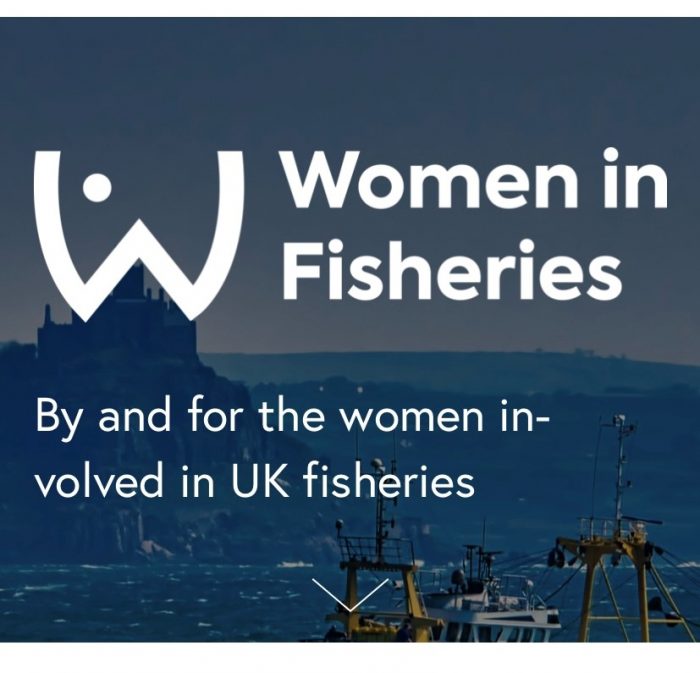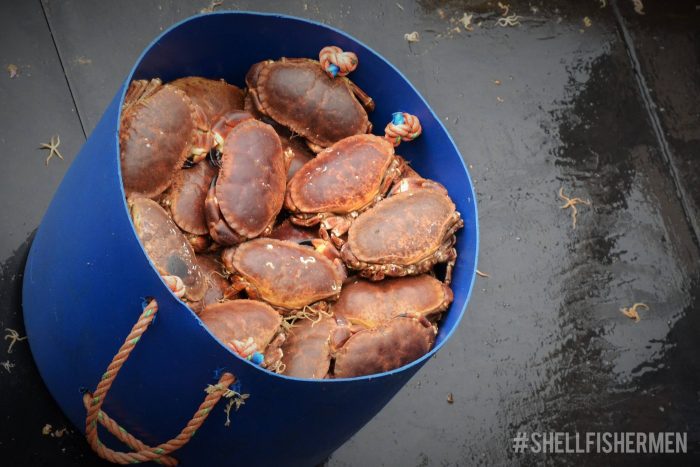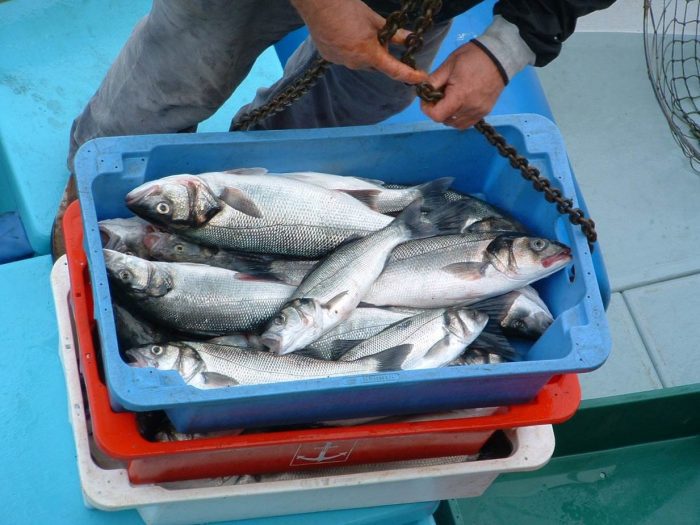Introduction The reversal of fortunes of our industry has been sudden and stark. We have a fight on our hands on multiple fronts. The Trade and Cooperation Agreement laid bare the hollowness of the government’s rhetoric as we left the EU and the Common Fisheries Policy. The gap between the promise and reality was spelt out in quota shares and access arrangements little changed from the Common Fisheries Policy and very far from what any self-respecting independent coastal state would expect. Tonnage limits for non-quota species have opened another front where the complexity of the fisheries management issues and an overlay of political positioning are deeply intertwined.
« Previous
1
2
3
4
5
…
40
Next »

